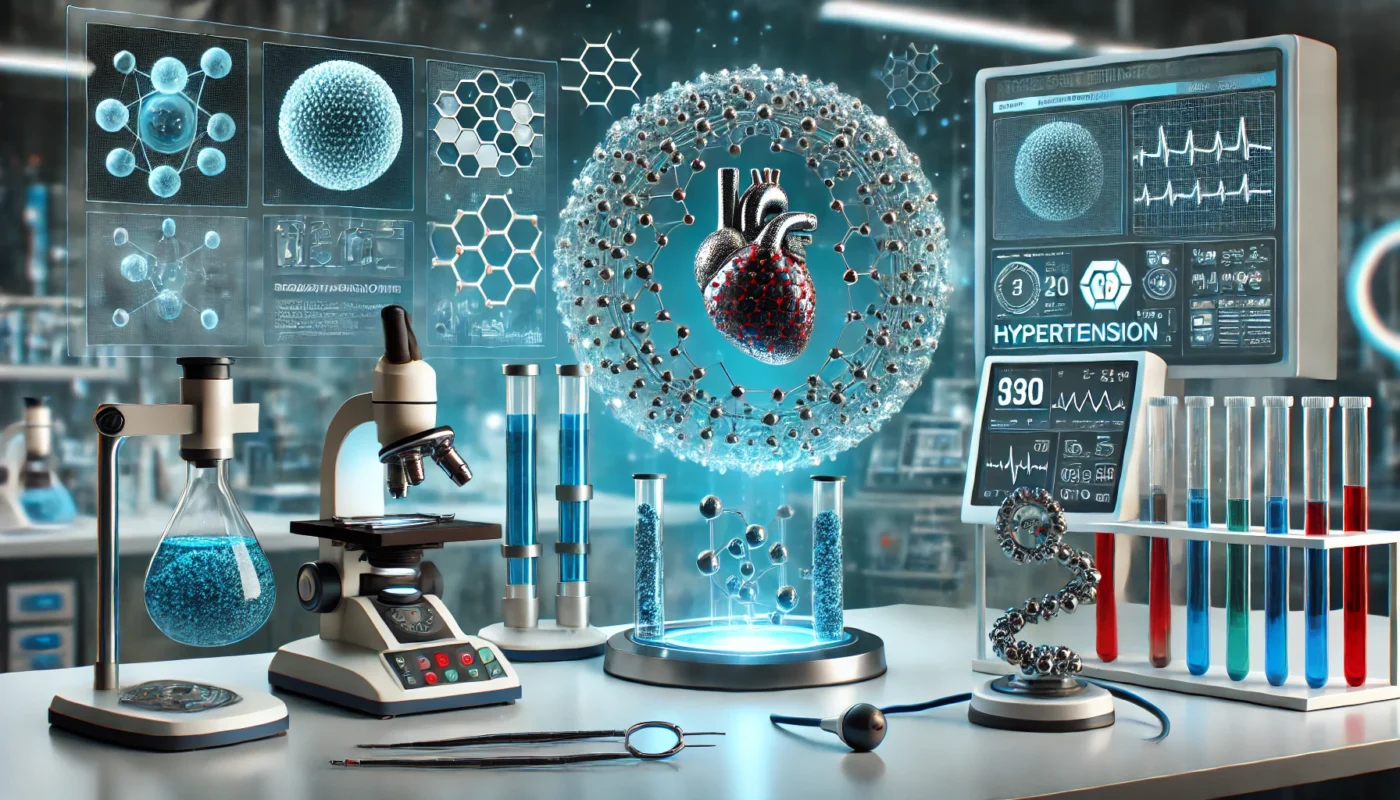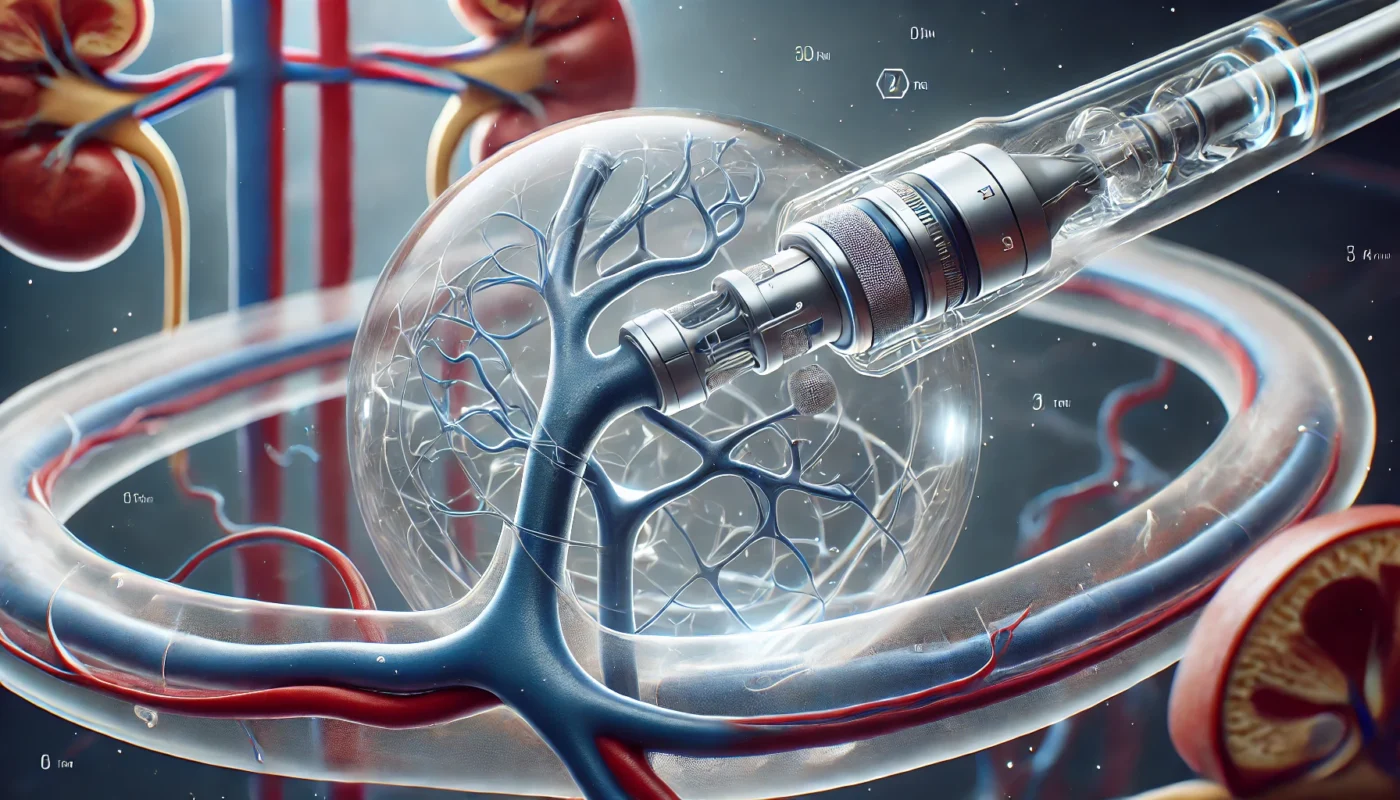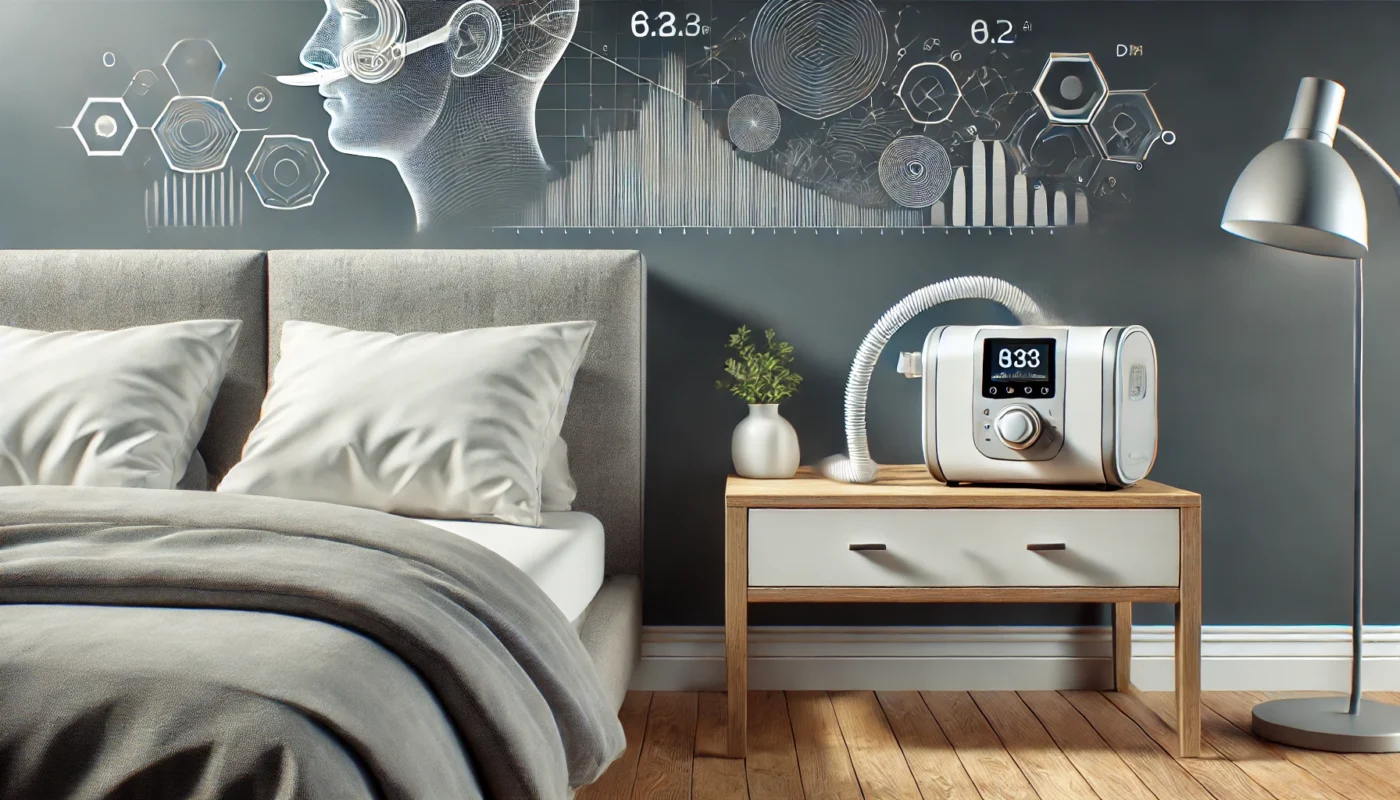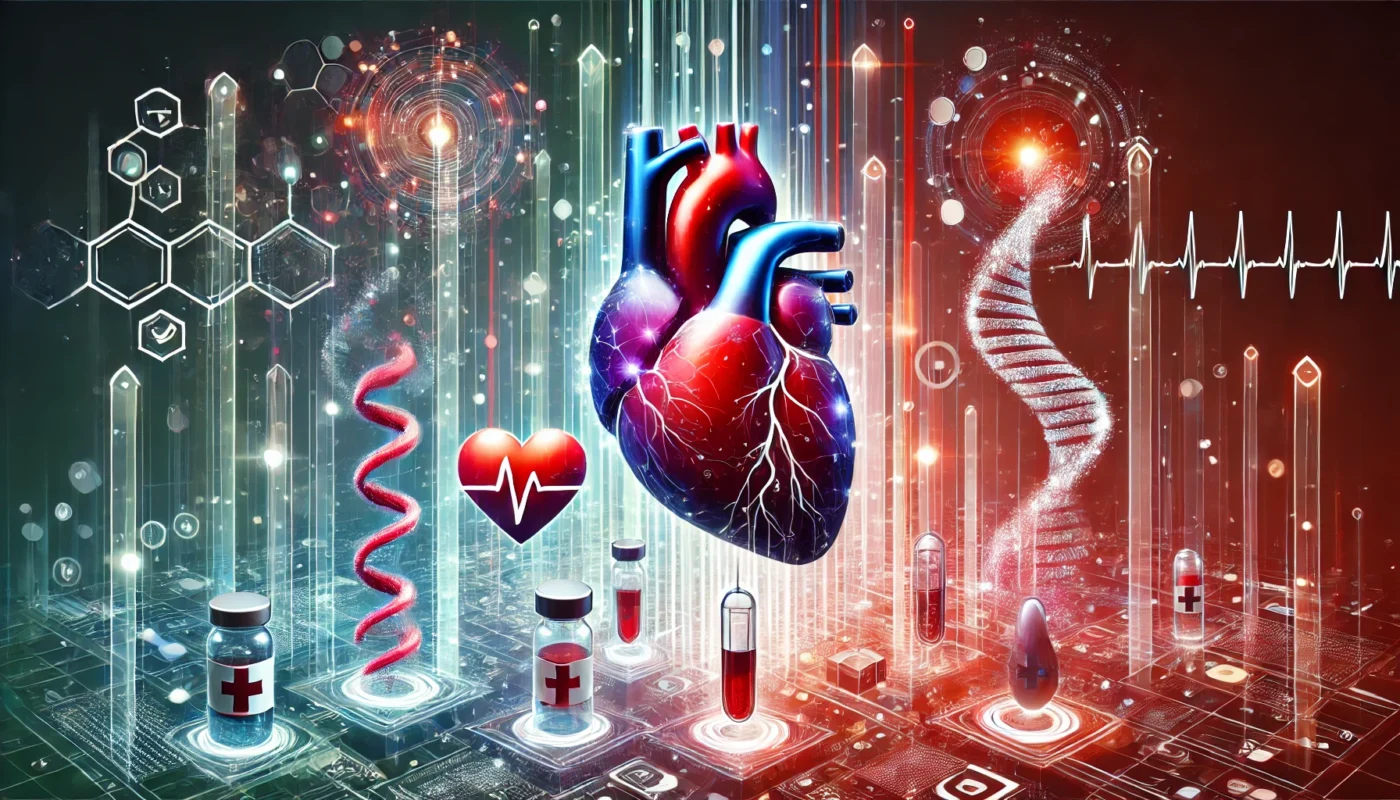Hypertension, or high blood pressure, is a leading global health concern that affects nearly 1.28 billion people worldwide, according to the World Health Organization (WHO). Left untreated, hypertension significantly increases the risk of heart attack, stroke, kidney failure, and other serious conditions. Despite the availability of effective medications and lifestyle interventions, many individuals struggle to control their blood pressure, underscoring the need for innovative solutions. Recent breakthroughs in hypertension treatment offer promising new strategies for managing this chronic condition. This article reviews cutting-edge research and developments in hypertension care, from advanced medications to novel technological approaches.
Tag Archives: Resistant Hypertension
Hypertension, or high blood pressure, is a global health crisis affecting over 1.28 billion adults, according to the World Health Organization (WHO). Despite the availability of effective medications and lifestyle interventions, managing hypertension remains a challenge for many patients due to issues such as medication adherence, side effects, and limited efficacy in resistant cases. Emerging technologies, particularly nanotechnology, are revolutionizing the field of medicine by offering innovative solutions for diagnosis, drug delivery, and disease monitoring. In hypertension management, nanotechnology—through its application in nanomedicine—holds the promise of improving treatment outcomes by enhancing drug efficacy, reducing side effects, and enabling personalized care. This article explores how nanotechnology is advancing hypertension management and its potential to transform cardiovascular health.
Hypertension, or high blood pressure, affects nearly half of the adult population worldwide and remains a leading risk factor for cardiovascular diseases, stroke, and kidney failure. While lifestyle changes and pharmacological treatments such as ACE inhibitors, beta-blockers, and diuretics have improved management for many patients, a significant number still experience uncontrolled or resistant hypertension. These challenges have fueled interest in exploring innovative therapies, including stem cell therapy, as a potential solution. This article provides a detailed analysis of the current progress, challenges, and future directions in the use of stem cell therapy for hypertension.
Hypertension, a condition characterized by consistently high blood pressure, affects over a billion people worldwide and remains a leading cause of cardiovascular disease, kidney failure, and stroke. Despite significant progress in treatment, many patients fail to achieve optimal blood pressure control due to medication resistance, side effects, or limited therapeutic options. Recent advancements in hypertension drugs, including the development of angiotensin blockers and novel therapeutic approaches, are transforming the landscape of hypertension management. This article explores the evolution of pharmaceutical options for hypertension, highlighting recent innovations and their potential to improve outcomes.
Hypertension, or high blood pressure, is a global health challenge affecting over 1.28 billion people worldwide. It is a significant contributor to cardiovascular diseases, stroke, and kidney failure. While lifestyle modifications and medications are effective for many, approximately 10–20% of individuals experience resistant hypertension, a condition where blood pressure remains elevated despite the use of three or more antihypertensive medications. This unmet need has driven interest in innovative therapies, including neural stimulation devices. These devices target the nervous system to modulate blood pressure regulation, offering hope for patients with difficult-to-control hypertension. This article reviews the science, current research, and future potential of neural stimulation devices for hypertension management.
Hypertension, or high blood pressure, is one of the leading causes of cardiovascular disease, affecting over 1.28 billion adults worldwide according to the World Health Organization (WHO). Despite the availability of antihypertensive medications and lifestyle interventions, many individuals struggle with resistant hypertension—high blood pressure that remains uncontrolled despite the use of at least three antihypertensive drugs. For these patients, renal denervation (RDN) offers a promising minimally invasive solution. This article explores the mechanism of RDN, recent advancements in the field, and the effectiveness of this innovative procedure in reducing blood pressure.
Hypertension, or high blood pressure, is a pervasive health concern affecting nearly half of adults worldwide, according to the World Health Organization (WHO). While it is well-known as a leading cause of cardiovascular diseases, strokes, and kidney failure, many people are unaware of the link between hypertension and sleep apnea. Obstructive sleep apnea (OSA), a condition marked by repeated interruptions in breathing during sleep, has been strongly associated with persistent and difficult-to-treat high blood pressure. Fortunately, treating sleep apnea with specialized devices, such as continuous positive airway pressure (CPAP) machines, can significantly improve sleep quality and lower blood pressure levels, ultimately reducing cardiovascular risks. This article explores the relationship between sleep apnea and hypertension, the mechanisms behind their connection, and how sleep apnea devices can play a vital role in managing high blood pressure.
Hypertension, or high blood pressure, is a leading global health concern, affecting nearly 1.28 billion adults, according to the World Health Organization (WHO). Despite the availability of medications and lifestyle interventions, hypertension remains a major contributor to heart disease, stroke, and kidney failure. Clinical trials play a pivotal role in advancing the understanding and treatment of this pervasive condition. By participating in clinical trials, individuals not only gain access to cutting-edge therapies but also contribute to the scientific discoveries that shape future hypertension treatments. This article explores the benefits, risks, and opportunities of joining hypertension clinical trials, providing a comprehensive guide for those considering participation.








